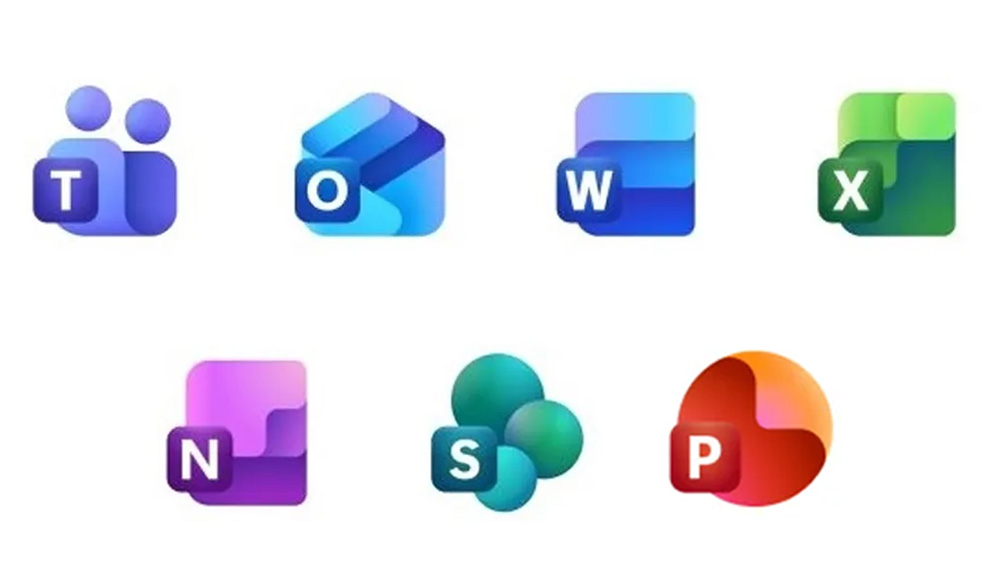Former OpenAI Employees Support Elon Musk's Lawsuit Over Non-Profit Status

SAN FRANCISCO: In a significant turn of events, a group of a dozen former employees of OpenAI has filed a legal brief in support of co-founder Elon Musk's ongoing lawsuit. This legal action, which was brought forth on Friday, focuses on the critical issue of maintaining OpenAI's non-profit status amid growing concerns about the company's direction and mission. The lawsuit represents a growing dispute regarding the future of the artificial intelligence firm and its commitment to humanitarian goals versus corporate interests.
At the heart of this dispute is a tension between corporate leaders who wish to hand over greater control to investors and the concerns raised by Musk and others. They argue that prioritizing business interests over humanitarian objectives fundamentally undermines OpenAIs foundational mission. Musk, also known for his role as the CEO of electric vehicle manufacturer Tesla, initiated the lawsuit last year against OpenAI and its current CEO Sam Altman. Musk accuses OpenAI of deviating from its original purpose: developing artificial intelligence for the benefit of humanity rather than for sheer corporate profit. The allegations have been firmly denied by OpenAI and Altman, who assert that the companys objectives remain aligned with its original vision.
In their recent federal court filing, the former employees emphasized the vital role that the non-profit's controlling status plays in overseeing the for-profit entity that OpenAI has become. They argued that removing this oversight would fundamentally violate the mission of the organization. These individuals, who have held various technical and leadership positions within OpenAI, highlighted that during their tenure, executives consistently reiterated the importance of the non-profit structure in executing the companys mission effectively. It was also noted that this structure has been instrumental in attracting talent, as many employees were motivated to join the organization due to its inspiring humanitarian goals.
Despite the sentiments expressed by these former employees, OpenAI has been vocal about the necessity of relinquishing some of its non-profit control to attract more significant investments. The organization contends that this transition will enable it to raise essential funding while still retaining a stake in the company that will grow increasingly valuable as it develops. This financial boost, they argue, will ultimately empower them with the resources needed to fulfill their humanitarian mission.
In response to the ongoing controversy, OpenAI issued a statement asserting that the transition from a non-profit structure would not detract from its mission. Our Board has been very clear: our nonprofit isnt going anywhere and our mission will remain the same, the statement read.
It is worth noting that Musk and Altman were co-founders of OpenAI in 2015. However, Musk distanced himself from the organization before it gained widespread recognition as a leader in the technology sector. His opposition to the proposed changes in the companys structure has led to the current legal battle, which is slated to go to jury trial in the spring of next year.
In a related development, Musk established his own AI venture, xAI, in 2023. Altman has claimed that Musk is attempting to hinder OpenAI's progress as it finds itself facing increasing pressure from investors to adjust its operational framework. To successfully navigate a massive $40 billion fundraising round, OpenAI must complete its transition away from a non-profit structure by the end of the year, highlighting the urgency and stakes involved in this ongoing dispute.























